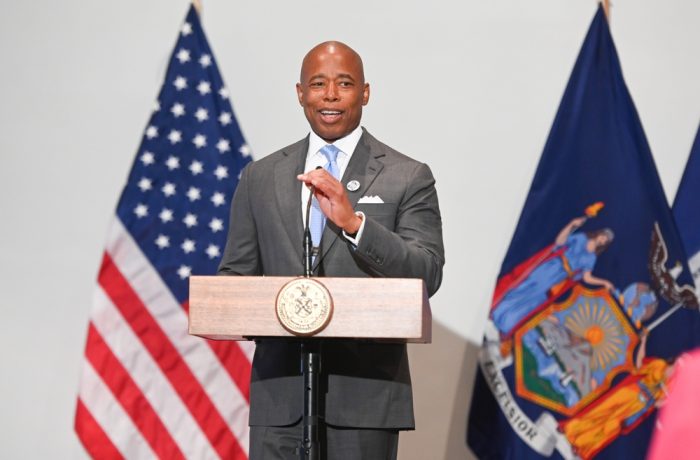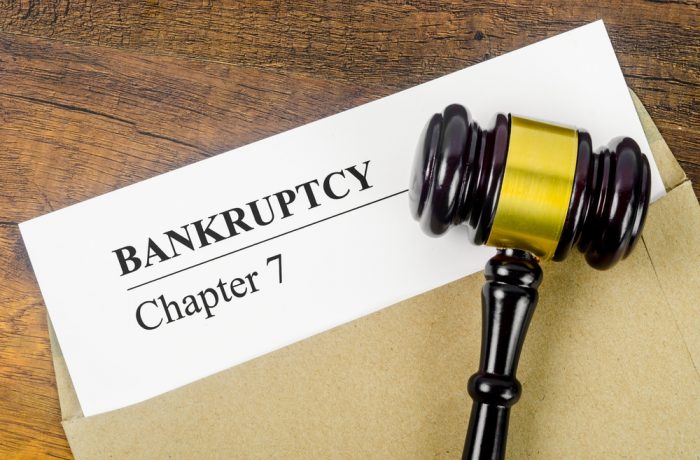Teens applying to colleges easily assume that student loans are a great way to pay for the expenses involved. They simply don’t see how terrible the risks involved are. These loans are very hard to repay. The US has 7 million student loan defaulters. If they were to form a country, they would be among the world’s top 100 most populous.
Being in default can ruin your life. You can have your credit destroyed, and you can end up paying high penalties and sky-high interest rates. This is only the beginning, though.
The 7 student loan facts below should make clear what exactly happens to you, should you default. If you plan to apply for a student loan at any point, these facts should help reconsider.
Your college may not let you get a job
The FBI and many other government departments are closed not just to those with poor credit, but to those who have a student loan payment default on their record, too.
When you apply anywhere for a job, employers usually need to contact your college for copies of your student transcripts. The Department of Education, though, asks colleges to not cooperate with these requests when former students have outstanding student loans.
While colleges have no reason to go along with this recommendation (it is loan providers and not colleges that are owed money by student loan defaulters), they often do. The University of Southern California and other institutions are known for the tough line they take in this area. With no transcripts to show, millions of students are denied the well-paying jobs that would allow them to meet their student loan obligations.
You can actually lose your professional license
A student loan default on your record can give you trouble even once you get a job. It can result in the cancellations of professional licenses. In Tennessee, for instance, nurses can have their nursing licenses revoked if they are in default with their student loans. In Montana, you can lose your driving license.
Lenders have far-reaching powers
If you let your student loan go into default, the lender can present your employer with a wage garnishment order for 15% of your wages (they don’t need permission from the court for this), take your tax refund or even sue you.
It doesn’t end when you die
If you have a federal student loan, your loan account ends with you. If you have a private student loan, though, the agreement can name specific family members to whom any unpaid part will transfer if you should die before the loan is paid off. The family of Christopher Bryski, one unfortunate student whose life came to an early end in 2004, has been fighting for a decade to outlaw such private student lender practices.
Filing for bankruptcy doesn’t get you out of your student loan debt
When Freedom Industries (the company responsible for the Elk River chemical spill) was hit with more than two dozen lawsuits, simply filing for Chapter 11 gave them protection from most of the consequences of their actions The law doesn’t allow individuals to escape their student loan burdens by filing for bankruptcy, though.
This law hasn’t come about on its own, though. Going by reports of information leaks at Sallie Mae, the organization has spent millions lobbying government over the past decade to make sure that student loans are not part of the protections that bankruptcy offers.
Student loans don’t keep up with salaries
Investing in a college education doesn’t work like other kinds of investment — you can’t expect higher levels of investment to come with higher return levels. The average student loan today is five times as high as what it was in the year 2000. The average salary for 25-year-olds has fallen by 10% over the same period, though. Young people are likely to go deeper into debt in the future, too. With the recent changes to the law, interest rates are set to go well past 6.8% over the next few years.
The government appears to have an interest in keeping things the way they are
According to the Congressional Budget Office, student loans make the government more than $50 billion each year (usatoday.com/story/news/2013/06/16/us-government-projected-to-make-record-50b-in-student-loan-profit/2427443/). It’s a figure that outstrips the revenue of every large tech company or oil company in the world. It could be a reason why the government seems slow to reform student loan problems.
Finally, rigid student loan collection practices slow the economy
According to General Motors, the US auto industry loses $6 billion in sales each year because young people with student loan defaults to their name aren’t able to find jobs that will allow them to afford cars. A report by the National Association of Realtors finds that the housing industry loses 15% of potential sales, too. These inflexible collection practices, then, slow the entire country down.





